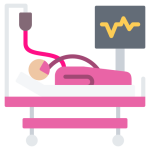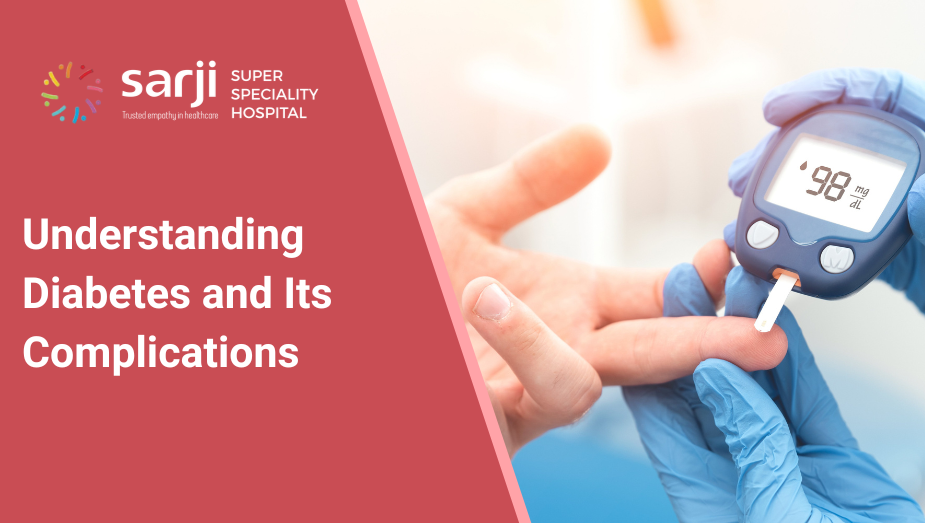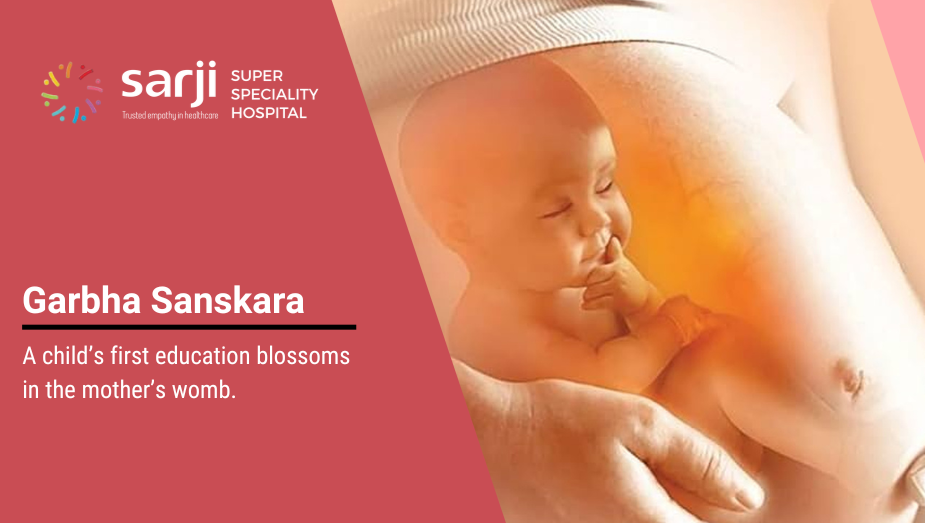Sarji Hospital's MICU is a specialized unit for patients who need intensive medical care, especially those with severe or life-threatening conditions. It provides advanced monitoring and treatments for patients who are critically ill.
Do you have any specific questions about the MICU at Sarji Hospital, or are you looking for something more general about intensive care units?
The Medical Intensive Care Unit (MICU) is a specialized section of the hospital designed to care for patients with serious, life-threatening medical conditions. These conditions might include severe infections, respiratory failure, cardiovascular issues, renal failure, or organ system collapses, among others.
Here’s what you can typically expect from an MICU:
- Specialized Care
Critical monitoring: Patients in the MICU often require constant monitoring of their vital signs, such as heart rate, blood pressure, oxygen levels, and respiratory function.
Life-support equipment: Many patients may require ventilators to assist with breathing, dialysis machines for kidney function, or other forms of mechanical support.
Highly trained staff: The MICU is staffed with a multidisciplinary team, including intensivists (doctors specialized in critical care), nurses with advanced training in intensive care, respiratory therapists, and pharmacists. - Conditions Treated
Severe infections: Conditions like sepsis, pneumonia, or meningitis that can quickly become life-threatening.
Respiratory failure: Due to conditions like severe asthma, pneumonia, or COPD exacerbations, requiring mechanical ventilation.
Acute cardiovascular events: Heart attacks, strokes, arrhythmias, or conditions requiring invasive monitoring or treatments.
Multi-organ failure: When multiple organ systems (heart, kidneys, liver, lungs) begin to fail at the same time. Technology and Equipment
The MICU uses advanced technologies such as:
- Cardiac monitors to track heart rhythms.
- Ventilators to assist with breathing.
- Intravenous pumps to administer medications, fluids, or nutrients.
- Dialysis machines for kidney support.
- Advanced imaging (CT, X-ray) for quick diagnostics.
4. Family Support
Intensive care can be overwhelming for families. Many MICUs have dedicated social workers or counselors to support families during such a critical time.
Some MICUs have family rooms where loved ones can rest, as well as scheduled visiting hours.
5. Duration of Stay
Patients typically stay in the MICU for a shorter period, but some may require extended care depending on their condition. Once the patient's condition stabilizes, they may be moved to a less intensive unit or discharged.
6. Common Procedures
Endotracheal intubation: A tube inserted into the trachea to secure the airway, often in patients who are unable to breathe independently.
Central line insertion: A catheter inserted into a large vein to provide medication or fluids more effectively.
Chest tube placement: To drain air or fluid from around the lungs.
Would you like more information on any specific aspect of the MICU, or perhaps how patients are transferred in and out of such a unit?










